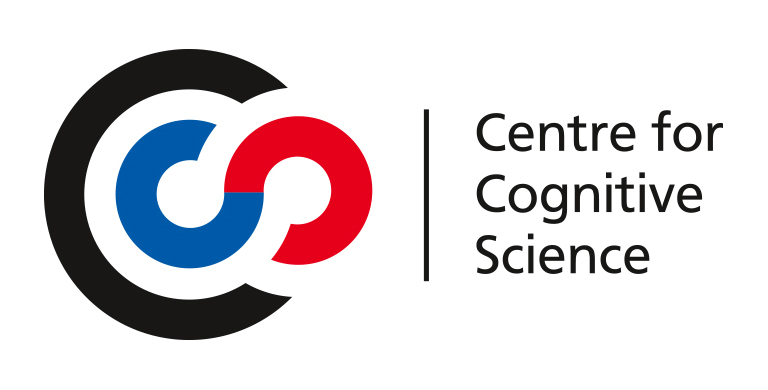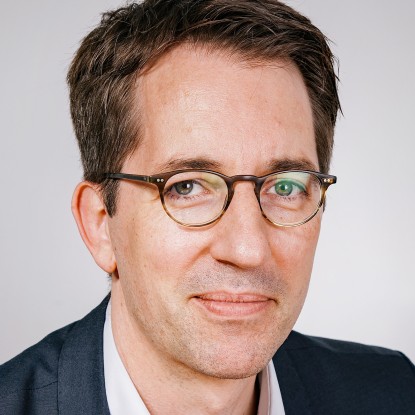Adaptive compression as a unifying framework for episodic and semantic memory
Speaker: David Nagy, University of Tübingen
2025/10/29 15:20-17:00
Location: Building S1|15 Room 133
Abstract:
Memory is not a faithful recording of sensory experience. Rather, a century of research has shown memories are prone to systematic distortions through interpretation, selective encoding and subsequent modifications. Recent applications of Rate Distortion Theory (RDT) offer a normative framework for understanding memory encoding as lossy compression, accounting for a range of phenomena such as gist-based distortions. However, RDT assumes the statistics of the environment are static and known — a stark contrast to the brain's continual need to update its internal (semantic) model of the world. We propose an extension of RDT where the compression model is itself learned from experience, creating a dynamic interplay between learning and compression, which in turn induces characteristic path-dependencies in learning. Furthermore, adaptive compression suggests a novel perspective on the role of the episodic memory system: to preserve experiences in a less model-dependent format, for later interpretation. This perspective unifies a wide spectrum of findings under a normative framework, including interactions between memory systems, memory distortions and false memories, curriculum effects, and prioritised memory replay.


